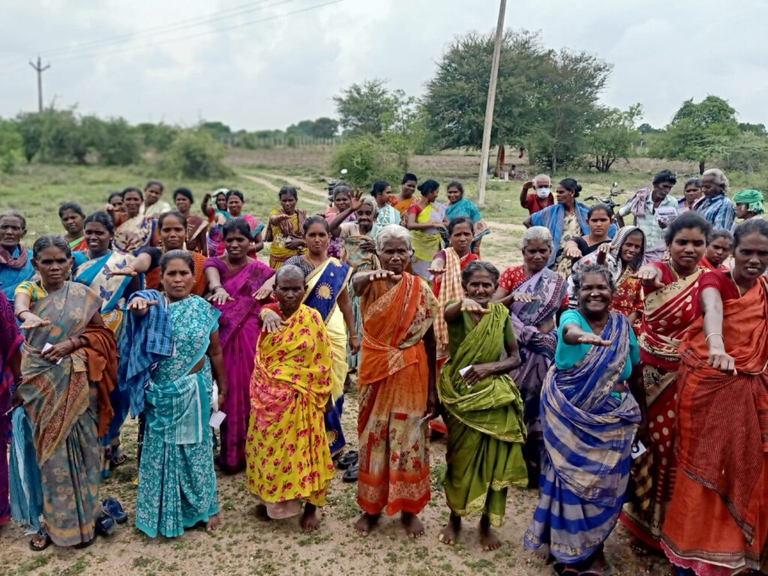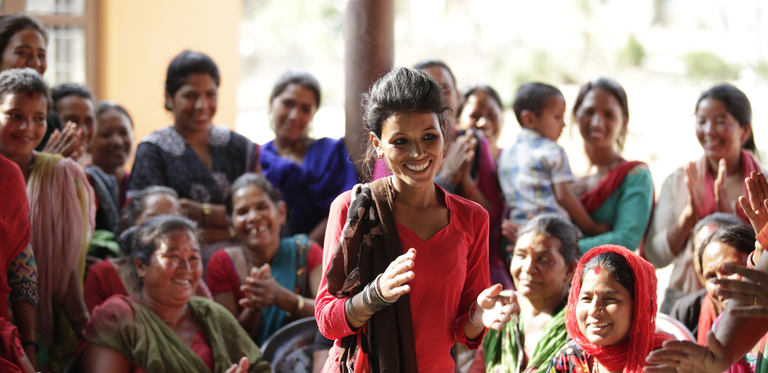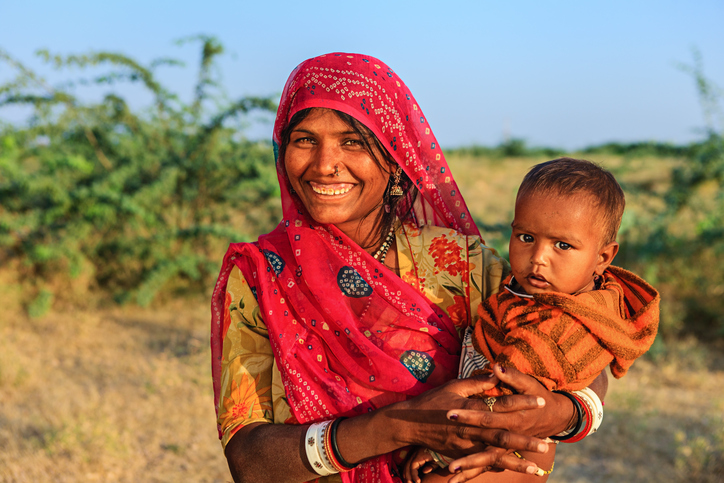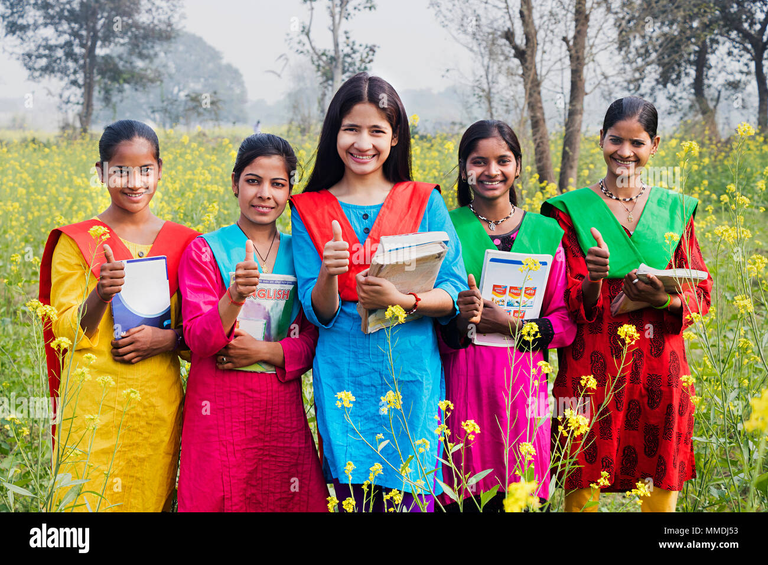
Women play a crucial role in rural development, contributing significantly to agriculture, household management, and community well-being. Their participation ensures economic stability, social progress, and environmental sustainability in rural areas. Despite facing challenges like limited access to education, healthcare, and financial resources, women continue to be the backbone of rural economies.
1. Women in Agriculture
Women are deeply involved in agriculture, from planting and harvesting crops to managing livestock. In many rural regions, they perform the majority of farm-related tasks, ensuring food security and economic growth. However, their contributions often go unrecognized, with limited access to land ownership and modern farming technologies. Empowering women with better resources can enhance agricultural productivity and rural livelihoods.
2. Entrepreneurship and Economic Contribution
Beyond farming, rural women engage in small-scale businesses such as handicrafts, textile production, and food processing. These enterprises not only provide financial independence but also contribute to local economies. By supporting women entrepreneurs with training and microfinance opportunities, rural communities can experience sustainable economic growth.
3. Education and Skill Development
Education is key to empowering rural women, yet many face barriers such as cultural norms and lack of infrastructure. Access to quality education and vocational training can help them acquire skills for diverse professions, improving their social and economic status. Governments and NGOs must focus on bridging the gender gap in rural education.

4. Health and Well-being
Women’s health directly affects community development. In rural areas, access to healthcare facilities is often limited, leading to maternal health issues and high infant mortality rates. Initiatives promoting reproductive health, sanitation, and nutrition can significantly enhance the well-being of rural women and their families.

5. Leadership and Community Participation
Women in rural areas play an essential role in decision-making at the community level. They lead self-help groups, participate in local governance, and advocate for social change. Encouraging their leadership in policy-making and rural development programs can lead to more inclusive and effective progress.

6. Environmental Sustainability and Conservation
Rural women are at the forefront of environmental conservation. They adopt sustainable farming practices, conserve water, and preserve biodiversity. Their traditional knowledge of natural resource management is vital for combating climate change and ensuring a sustainable future for rural communities.
7. Challenges and the Way Forward
Despite their contributions, rural women face significant challenges such as gender discrimination, domestic violence, and financial dependency. Addressing these issues through legal reforms, awareness programs, and economic opportunities is crucial for their empowerment. Governments, NGOs, and international organizations must collaborate to create policies that support rural women.

8. Conclusion: A Call for Action
Women are the foundation of rural development, playing diverse roles in agriculture, economy, education, health, leadership, and environmental sustainability. Recognizing their contributions and addressing their challenges can unlock the true potential of rural communities. By investing in women’s empowerment, we can achieve long-term rural development and social progress.
